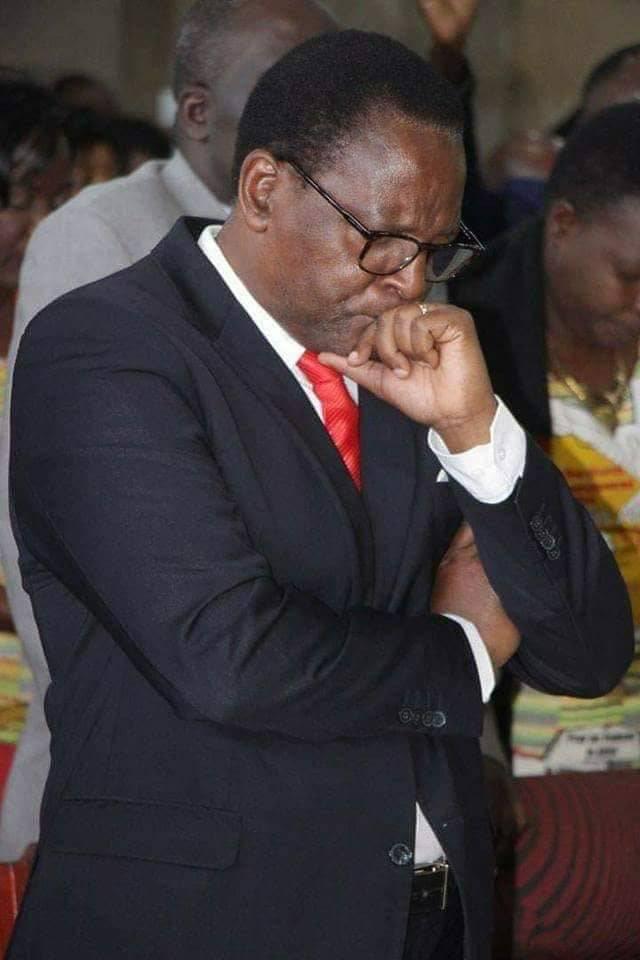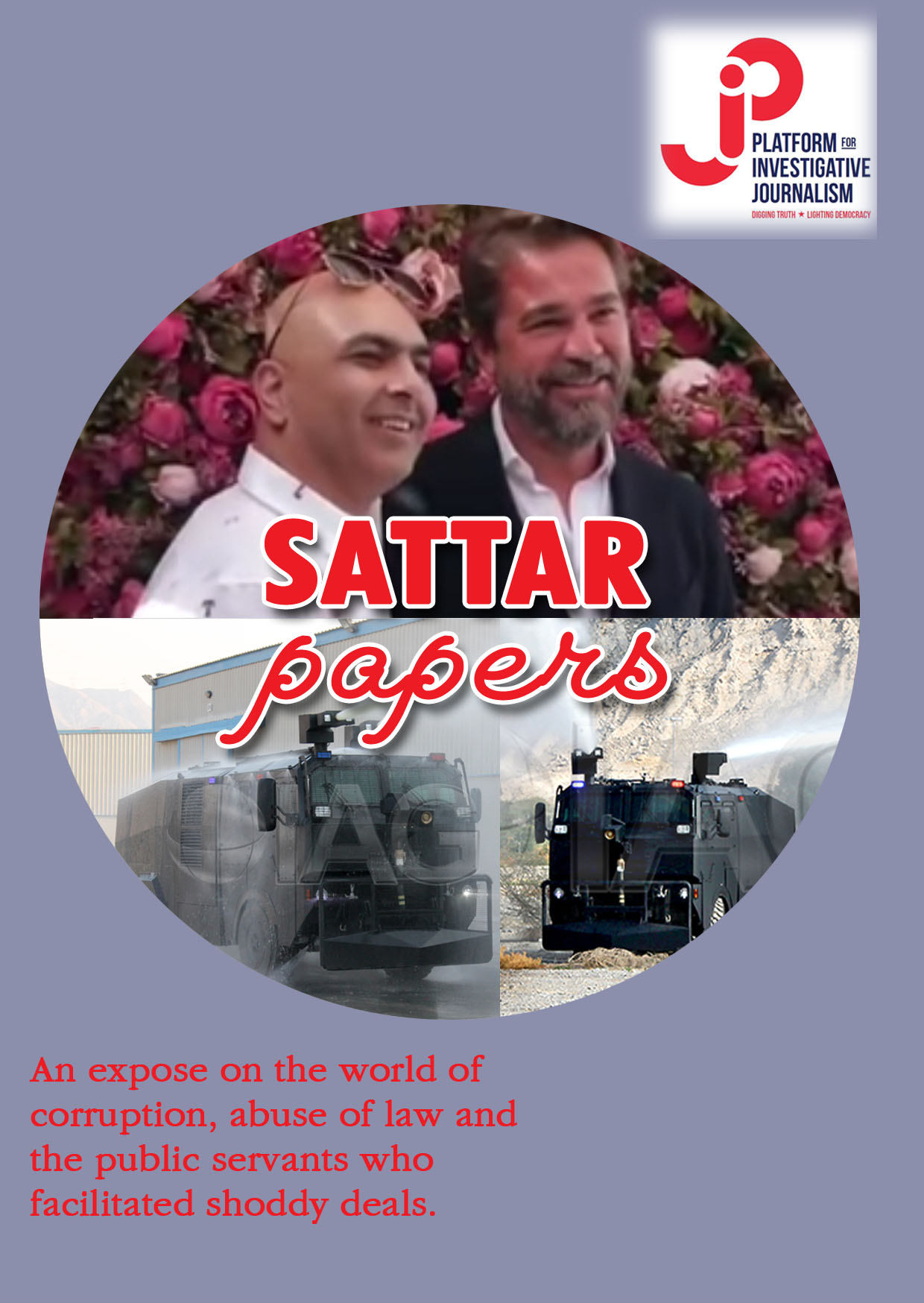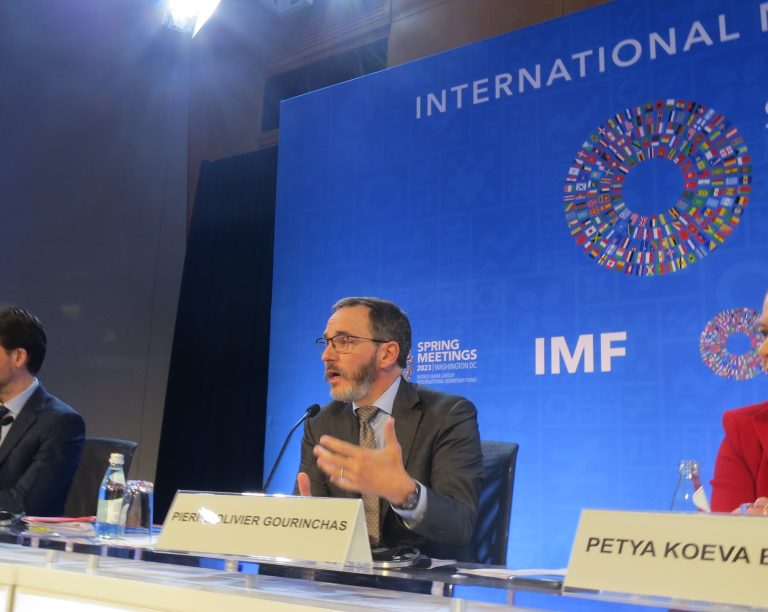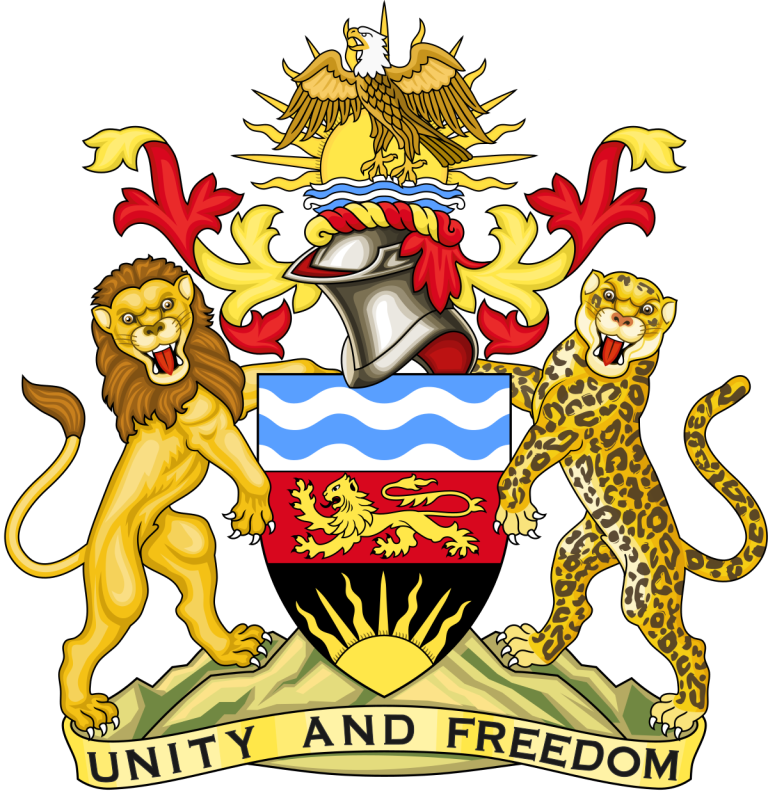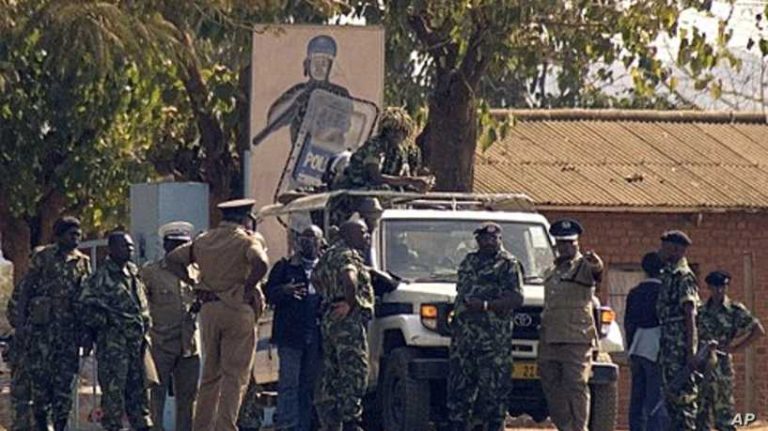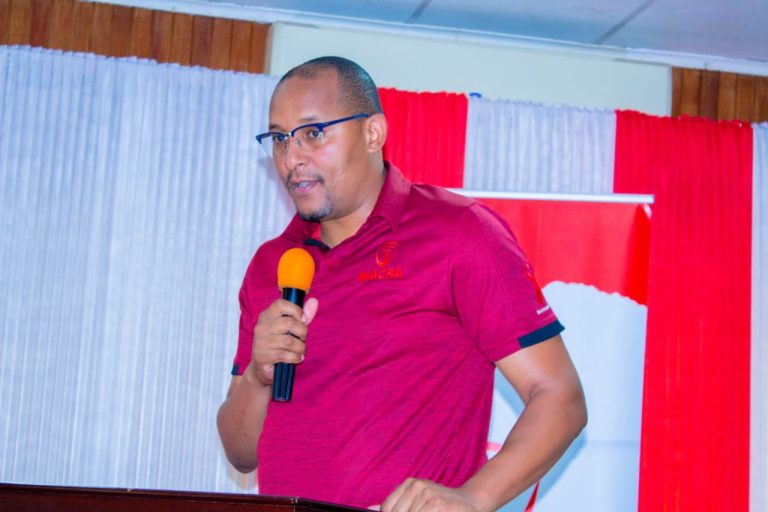BY PIJ REPORTERS
At the time that the COVID-19 investigation report had leaked and was in the public domain, President Lazarus Chakwera was still in denial, going by his feigned ignorance on what was transpiring. He purportedly indicated that the National Audit Office (NAO) was still sitting on the investigative report on the usage and accountability of the K6.2 billion COVID-19 disbursement.
“The president of Malawi … Lazarus Chakwera has been informed of the completion of the audit report,” wrote his press secretary Brian Banda. “Since the audit was done independently and is of public interest, the president expects and urges the auditing institutions to expedite the process and ensure the report is released to the public so that nothing is hidden.”


Chakwera’s Friend Benefits
Many believe that what caused Chakwera’s reluctance to talk about the report and ensure that those that are in the wrong have been brought to book was because some of those named in the investigations are said to be closer to the president. Members of his cabinet and some from his church have been implicated.
Ostensibly, the report reveals that the Office of the President and Cabinet (OPC) and the ministry of health deliberately chose to engage the private firm, Pest Chem 1 B, owned by Chakwera’s alleged friend, Pastor Martin Mainja, instead of Lilongwe District Health Office (DHO) to do the disinfection.
Pest Chem 1B is the supplier that was handpicked by OPC to fumigate the buildings at Capital Hill, City Centre and Kamuzu Palace to a tune of K97, 185, 500.
NAO investigators interviewed Lilongwe District Environmental Health Officer, Penjani Chunda who said OPC and the ministry decided to choose the private firm despite DHO having the capacity do so.
Chunda also told the audit team that a one disinfection visit by Pest Chem 1B was costing K26, 620, 250 while if they were to do it would have costed not more than K1, 500,000.
“It is also worth noting that materials for disinfection by Pest Chem 1B were provided by Government, a situation that did not justify the use of the private disinfector at that high cost,” the NAO investigations established.

Whistleblower Joshua Chisa Mbele wrote on his Facebook wall that Chakwera also appointed Mainja as Board Member of Government parastatal Airport Development Limited (ADL).
Mbele also alleges that Mainja apparently also won ‘tenders to install Biometric Access Control System and turnstiles at Parliament under the company called World Link; installed security 1000 cameras at Chanco and CCTV cameras at MEC Offices under a company known as MM Security. He also supplied computers at State House’.
Apart from the three mentioned companies, another one linked to Mainja that has also benefited from different deals is Galileya Pharmaceutical Supplies. Mbele also claims that Mainja is business partner to Chakwera’s son.

President Chakwera press secretary could confirm or deny whether indeed Mainja is Chakwera’s friend as well as his son’s business associate.
Banda also failed to respond to whether it would be wrong to say President Chakwera is abusing the Office of the President to enrich family and friends in the event that the said allegations are true.
Asked through WhatsApp communication, Banda acknowledged receipt of the questions but chose to remain silent.

Minister of Information and Government Spokesperson Gospel Kazako however, said the NAO audit report, which covered the period September to December 2020, shows that Chakwera is committed to transparency and accountability.
Chakwera ordered NAO to undertake the investigations on February 21 2021 amid public outcry over alleged mismanagement where procurement flaws alone accounted for the highest cost at K493.9 million.
“Out of this, K321 578 996.42 related to use of RFQs [request for quotations] instead of open tendering procurement methods, K105 995 500 related to irregular procurements, K48 582 220 related to use of single sourcing procurement method,” reads part of the report’s executive summary.
Plunder by Top Public Servants
The Public Accounts Committee of Parliament (PAC) has vowed to ensure that every public official who abused COVID-19-19 funds should answer for their crimes following the involvement of top public officials who were in charge of the pandemic’s emergency response and were in cahoots with some business people to divert millions from the COVID-19 budget to such non-essential activities.
One such careless expense was financing a Cabinet minister and his officials’ foreign travel that had nothing to do with helping to ease the pain of the deadly disease.
Presidential Task Force Management Failure
Members of the Presidential Task Force on COVID-19 according to the report joined all those in different cluster committees in lining up their pockets through dubious pay-outs in form of professional allowances, questionable procurements methods and unsupported cash sharing.
The report pointed out that lack of leadership and insufficient interest to enforce financial prudence by the Presidential Task Force on COVID-19, is partly to blame for the plunder of this magnitude.
Although the task force was charged to scrutinise budgets by the 17 clusters in the pandemic’s fight before authorising funding, the audit exposes that the sleeping on the job by the officials leading to the loss of K720 million, which is 12 per cent of the total K6.2 billion COVID-19 funds disbursed from August 2020.
These resources were squandered at the time when many lives were being lost due to crumbling health system that required resources to be up and running.
About 1 100 people have died of COVID-19 in Malawi, most of whom lost their lives between January and March 2021 out of more than 33 000 cases.
There was also total management failure when procurement of personal protective equipment (PPE), took 170 days – from September 2020 to March 10 2021 – to happen due to protracted misunderstandings between Central Medical Stores Trust (CMST) and Ministry of Health (MoH).
MoH received the biggest chunk of K1.6 billion out of the K6.2 billion and K850 million of which was towards procurement of PPE, with CMST taking charge of procurement.
Failure to lead was not only the failure of the task force as the audit also shows that its leaders hugely benefitted from the loot.
Investigators discovered dubious payment by Department of Disaster Management Affairs (DoDMA) cluster for conference packages to Umodzi Park amounting to K8, 662, 019.10 that included payment of “professional” allowances for members of the task force.
Umodzi Park management revealed to NAO auditors that the department paid K1, 237, 4219.10 through cheque number 654 as conference package charges for the meetings of the Presidential Task Force on COVID-19-19 held at Bingu Conference Centre.
These payments included professional allowances, fuel and airtime for Presidential Task Force and allowances to support staff amounting to K8, 662, 019.10.
“The conference package charges, according to the invoices attached to the payment voucher should have been K3, 712, 200, therefore, K8, 662, 019 are funds, which are not accrued to Umodzi Park since they are not in the business of paying professional allowances, fuel and airtime to the Presidential Task Force members; hence, dubious payment.”
“K7, 559, 016 related to failure to produce original bid documents and K10, 191, 500 related to procurement at inflated prices.”
The findings also highlight allowance-related irregularities totalling K80, 277, 500, including K29.1 million payment of ‘risk allowance’ and K17.7 million overpayment of subsistence and lunch allowances.
“K12,, 908 500 related to payment of allowances using incomplete documentation, K5 385 000 related to ineligible expenditure on ‘duty allowances’, K9, 391, 000 related to payment of allowances within duty station, K 3, 010, 000 to payment of allowances to ghost officers while the rest related to some other irregularities,” says the report on irregular allowances.
The audit also established “a problem of accounting for cash withdrawn” amounting to K83 million out of which K53.4 million was not liquidated and “K12, 045, 350 went missing without trace.
“[There was] K989, 500 excess cash after an activity shared among officers without justification,” states the executive summary.
The audit also found that K23.6 million was “un budgeted for, ineligible, wastefully and dubiously spent” and that the 35 local government councils were funded without basis.
The report added that at the time of the audit about K1 billion of the K6.2 billion had not been used by the clusters that received them.
Beneficiaries of the irregular allowances included the National Intelligence Service which paid K28 million as unjustified risk allowances to its officials.
In some clusters, there was financial indiscipline as money was spent on activities that were either not budgeted for or unrelated to COVID-19.

A case in point pops up at the Ministry of Labour, which used K1.4 million COVID-19 funds to fund Minister of Labour Ken Kandodo and Labour Commissioner H.K.K Nyangulu to accompany President Lazarus Chakwera to South Africa for a summit.
The report says it was indicated that management would refund the amount from other recurrent transactions (ORT), but that had not occurred by the time of the audit.
Kandodo pocketed K614 000 in allowances during the trip while Nyangulu bagged K829 000, according to the report. Kandodo has since refunded the money.
The audit also found that most of the 17 clusters did not comply with procurement regulations on the use of open tendering.
Instead, they resorted to using ‘request for quotation method’ in breach of a circular dated April 15 2020 issued by the Director of Public Procurement and Disposal of Assets requiring all ministries, departments and agencies(MDAs) to follow the open tender method when procuring items using COVID-19 funds regardless of value.
Among other curious payments, DoDMA cluster is accused of making an irregular procurement of fumigation services amounting to K97.2 million for 26 buildings located at Capital Hill, City Centre and Kamuzu Palace in Lilongwe, which was awarded to Pest Chem 1B without any open competitive tender process.
At the Department of Immigration and Citizenship Services, there was also an irregular procurement of PPE valued at K5.7 million which was paid to a company identified as Starmile General Suppliers.
The audit has, however, questioned the manner in which the company got the contract to supply the PPE, alleging that Starmile was not a genuine bidder.
At Ministry of Information, fuel valued at K7.7 million “went missing” as the audit found that there was no information in terms of fuel cards in which the fuel was loaded, fuel ledgers, fuel register and motor vehicle log-book.
A majority of clusters, especially DoDMA, failed to fully liquidate the resources advanced to them and there was ambiguity in the guidelines that led to cases such as double payments of allowances for workers in isolation centres.

According to the report, payments to health workers were based on two circulars: one issued by then MoH chief of health services Charles Mwansambo on April 20 2020, and the other by Bestone Chisamile for Secretary for Health on September 2020.
Health workers, who spent nights at isolation centres, received a full rate of subsistence allowance in cash despite being given government accommodation and meals, resulting in double payment.
PAC wants punishment for wrongdoers
The Public Accounts Committee of Parliament (PAC) chairperson Shadreck Namalomba said he wants every public official who abused COVID-19-19 funds to answer for their crimes during a ceremony at Parliament Building in Lilongwe when Parliament leadership officially handed the investigative audit report on the K6.2 billion COVID-19-19 funds to the committee.
The committee has already started investigating the matter based on the report by the Ombudsman and appealed to the Anti-Corruption Bureau and police to immediately launch separate investigations.
“There will be no sacred cows and the committee will summon all officers mentioned in the report to appear before it and recommend them to criminal investigating agencies those found in wrong,” said Namalomba.
The 21-member-committee hopes to hear the inquiry after a seven-day notice to all the officials to be summoned.
The report, among others, has recommended that those officers who took part in the malpractices, which resulted in the loss of funds, should pay back the money and that the government must ensure that all malpractices that are criminal in nature should be handed over to law enforcement agencies for further attention and action.

Speaker of Parliament Catherine Gotani Hara said there has been overwhelming public interest in the audit report hence the decision to share the information.
“The development is also part of Public Finance Management laws and House procedures, adding the report has been forwarded to the Public Accounts Committee after it was received from the Auditor General,” she said.
Governance analyst Mathias Kafunda said the mismanagement of COVID-19-19 funds was an indication that enforcement of accountability was proving difficult in the public finance management system.
He said the effectiveness of Malawi’s public finance management system is limited and, therefore, the implementation of strategic policies is heavily compromised resulting in inefficiencies that negatively impact on quality of public services that are so crucial to ordinary people.
During the investigation, NAO said it examined budgets and expenditure as well as activity plans, cashbooks, bank statements, cheque images and procurement and stores records.
Physical verification of personal protective equipment and other items was also undertaken, according to the auditors who said they also examined payment vouchers and supporting documentation.
President Chakwera ordered interdiction of all the controlling officers, including some principal secretaries, district commissioners, city and municipal council chief executives and other heads of ministries, departments and agencies prior to the NAO audit in order to pave the way for the investigation.

